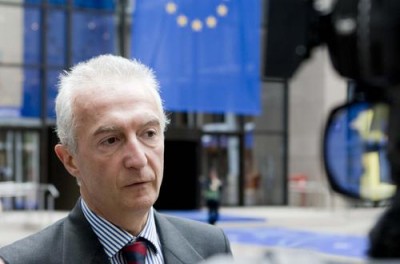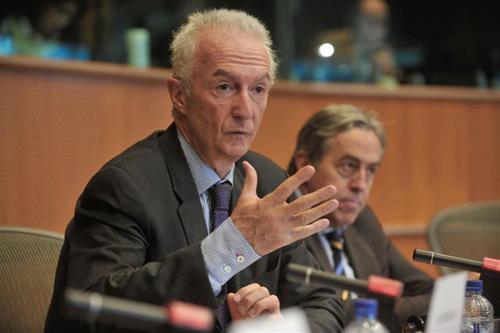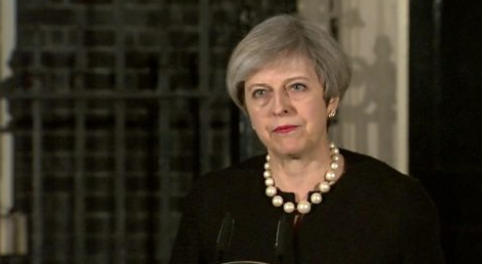The fight against terrorism? Not yet fully coordinated within the EU

(BRUSSELS2) The EU is not using its full potential against terrorism. There is a need to make better use of specialized agencies but also to integrate this issue more into EU development programmes. This is the opinion of Gilles De Kerchove, the European coordinator for the fight against terrorism, who presented to the Ministers of the Interior meeting in council last Thursday (7 June) in Luxembourg.
Underutilized Agencies
The EU has specialized agencies with competence in the fight against terrorism: Europol, Eurojust, Frontex, ENISA (European Network and Information Security Agency). But they are little known to the services concerned in the Member States. And their potential is therefore not fully utilized. For example, wonders Gilles De Kerchove, “ how many investigators in EU member states realize that Europol can ask the US government to search the Terrorist Finance Tracking Program? »
More coordination is needed
In particular, inter-agency cooperation needs to be improved. For example, in 2011, out of 33 joint investigation teams set up, only one concerned terrorism. Similarly, if the situation improves, the European coordinator observes that Eurojust is only very rarely invited to Europol meetings. It would also be necessary to second magistrates from Eurojust " in third countries where terrorism poses a serious threat to EU internal security as originally planned. It is also necessary to monitor the movements of European jihadists who leave to train abroad: for this, cooperation between Europol, Frontex but also the SitCen (Situation Center, the European intelligence service which is today integrated into the European diplomacy) is essential.
Sharing information: a story of political will?
Another recommendation: share data more systematically and more quickly. Indeed, for example, when Europol has to share its files, the agreement of the 27 Member States is required, which leads to delays. The coordinator also called on the Member States to show a little more political will. Indeed, according to a decision of the Council in 2005, they are required to communicate their information on terrorist actions only if these " interest » two or more Member States. Gilles De Kerchove calls for a more united interpretation of this condition: according to him, any terrorist action in Europe concerns, in fact, at least two Member States.
Act upstream: prevention and development
Finally, it is important to act upstream, in the prevention of radicalization. One of the avenues for this would be to further integrate this dimension into EU development programmes. It is a question of tackling the conditions for the development of terrorism: the latter, by promoting insecurity and instability, prevents any social and economic development. The European coordinator therefore recommends systematic field studies before each development project. Experts in the fight against terrorism and the prevention of radicalization must also be associated, right from the programming stage, with development policies. Furthermore, the EEAS should allocate additional resources to EU Delegations in priority countries, which should also consult with Member States on the spot to avoid duplication and identify synergies.
Read also:
- Highway of crime in Africa and cocktail of risks in the Sahel (AU)
- The PSDC Niger operation: 5 threats hanging over the country. Mission objectives
- Terrorism risk in northern Nigeria worries
Gilles de Kerchove's report to download in the B2 docs

